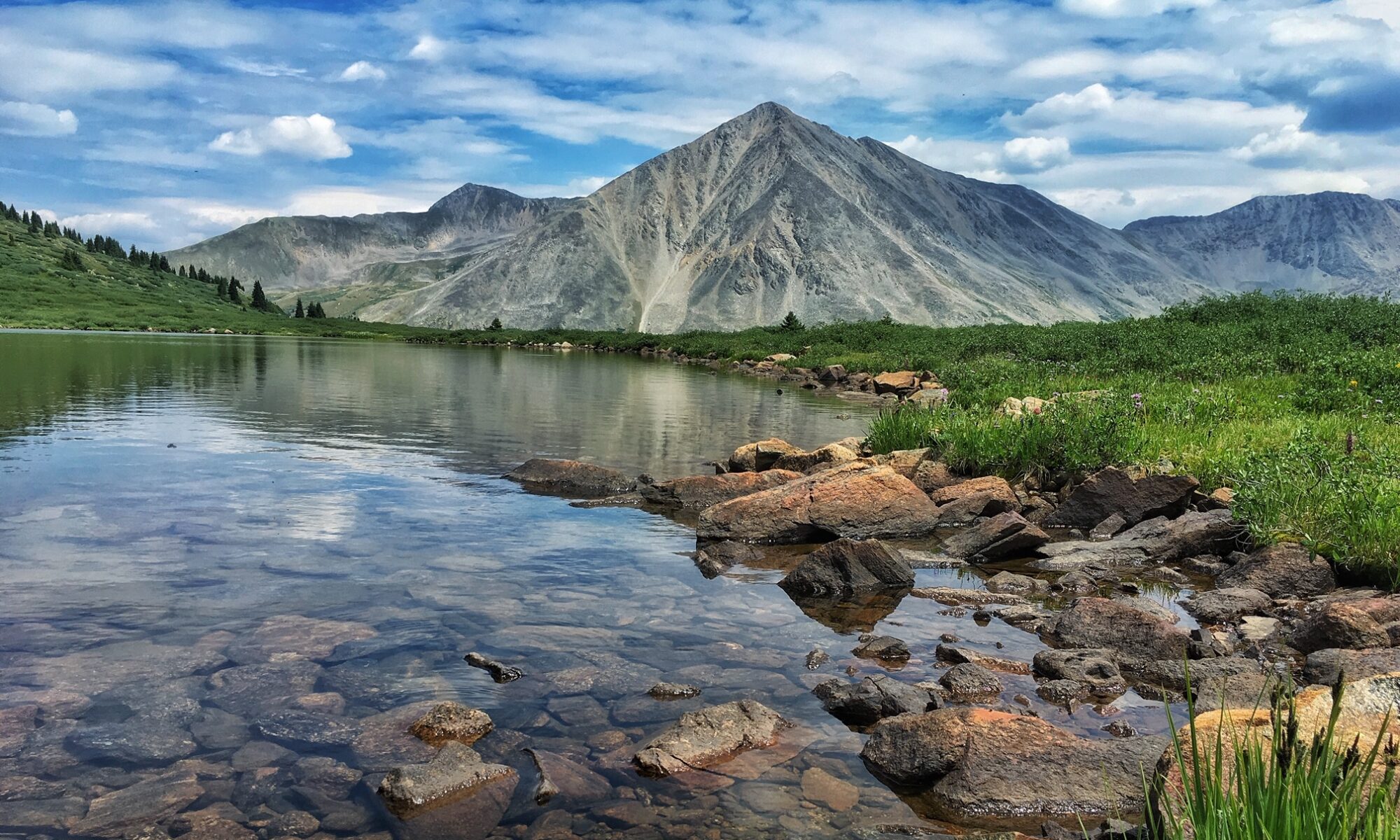New fly fishers have a long list of needs. They need to learn to tie knots. To improve their casting. Remember to mend their line. Figure out which fly to use. And to read water so they can cast their fly where the fish are feeding.
But there is something more basic to success:
The Secret of a New Fly Fisher’s Success
What new fly fishers need most is intel. That’s right. They need intelligence about where to fish and what to use. I know, you can’t catch a trout if you can’t cast a fly. True. But I’ve watched brand new fly fishers catch fish because someone told them where to go and what pattern to use.
Poor casting in the right place at the right time always beats great casting in the wrong place at the wrong time.
A Colorado Success Story
My belief that new fly fishers need intel more than anything else came from a text message I received this fall. My nephew, who lives in Colorado, had tried his hand at fly fishing a few times. But every time he returned home with zero success. Then, he asked a generous fly shop owner for an idea about where to fish. A day later, I received a text from my nephew describing a couple of big browns he caught. He had the photos to prove it. I realized that while he needs work on casting, mending, and streamside entomology, his greatest need is for intel. He needed to go where the fish were hanging out, and he needed to use the kind of patterns they were attacking.
Where to Get Intel
If you are a new fly fisher, where do you get good intel?
The key is to develop a relationship with a more experienced fly fisher. Often, the place to start is at a fly shop. The best time to ask where you might fish and what you might use is immediately after you have purchased half a dozen flies—or better yet, a new fly rod or waders.
Also, a good friend who is an experienced fly fisher is invaluable. Birds of a feather flock together. This means that if you’re interested enough in fly fishing, you’ll develop some friendships with others who like to fly fish. If these friends are better than you, don’t resent them. Take advantage of their expertise. Hopefully, your friendship adds value to their lives, too. If it does, they will be happy to share some intel which will put you into some good fishing.
Of course, you can always hire a guide. This is the ultimate way to get good intel because your guide will take you to a good stretch of water and then help you fish it effectively. Believe me, it’s worth the cost.
Intel as Preventative
Sometimes, intel works as a preventative measure.
Last fall, my podcast partner, Dave, and I planned to spend a couple of days on the Gardner River in Yellowstone National Park. We had visions of brown trout dancing in our heads as a result of the success we had the prior fall. When we stopped by Parks’ Fly Shop in Gardiner, Montana (yes, the river and the town are spelled differently due to a mistake) for some intel, Richard Parks told us that the fishing on the Gardner for fall runners was the worst it had been in 25 years!
That was not encouraging. But it forced us to come up with Plan B (the Yellowstone River), and we ended up doing quite well.
Sure, we would have figured out soon enough that the fishing on the Gardner was not great. Yet without the intel, we probably would have spent much more time trying to catch fish on a river that was not as full of fish as in prior years.
If you’re new to fly fishing, learn to cast, mend, read water, and identify the hatch. But there’s simply no substitute for good intel. Don’t leave home for the river without it.



Great maxim, gentlemen. Willie said he robbed banks because that’s where the money was. Also, I feel for the advanced “dry fly or die guy “ that was blanked while his novice partner loaded the boat on nymphs with a bobber. However, that advanced fly fisher normally drinks good whiskey!
Ha! Hilarious!
Great comment!